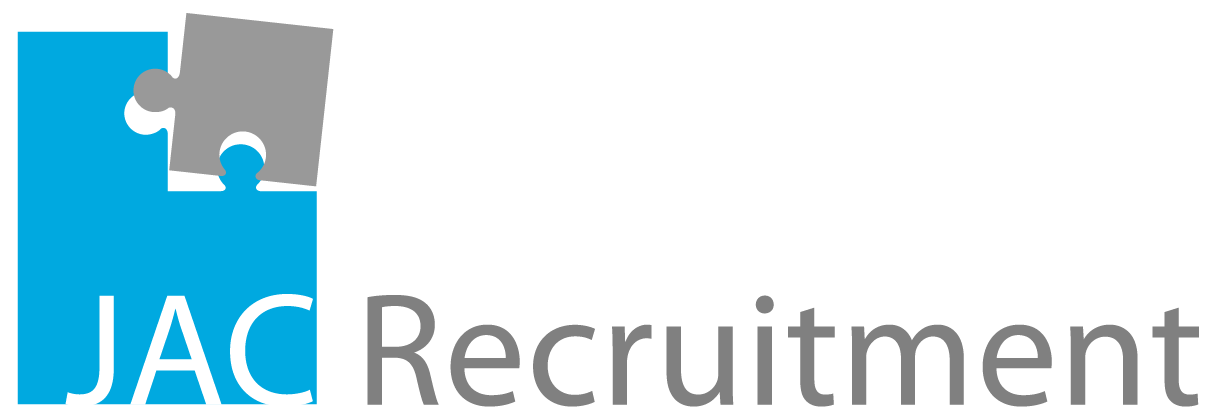[Job Seeker Interview Guide - 3]
Good Candidates Do Their Research. Great Candidates Know What to Look For.
If you are preparing for an interview, you have probably already searched the company. That is a great start, but it is rarely enough. Real preparation goes deeper than browsing the homepage and reading the “About Us” section. The best candidates go back more than once, checking the company’s values, recent news, team structure or the language used in job ads. You will start noticing patterns, and those details help you ask smarter questions as well as tailor your answers.
Sometimes you will find plenty of information: interviews with CEO, reviews, team bios. Other times, you will find almost nothing, and that is where your approach matters most. Talk to your recruiter, prep good questions, and focus on clarity over perfection.
You should be able to comfortably walk through your career story, highlight your successes, and connect them back to the role you are applying for. |
So, how do you prepare when there is not much to go on? You shift your mindset from “trying to know everything” to “knowing what matters most.”
When the Job Description is Vague (or Feels Copy-Pasted)
You have read the JD three times and still do not quite get what the role actually involves. Welcome to a very real and very common candidate experience.
Instead of trying to fill in the blanks with guesses, try this:
Highlight keywords and repeated themes (eg: collaboration, stakeholder management, growth, problem-solving)
Compare it to similar roles in the same industry. It might give you context
Prepare questions for the interview: “What would success look like in the first 6 months?” Or “Could you share what a typical day might involve?”
And most importantly, ask your recruiter. They often have insights into what is behind the JD, what the hiring manager is really looking for, and how the role is evolving.
When There’s Little or No Information About the Interviewer
Sometimes you will not be given names in advance. Other times, you will find their social media profile but no real context. That’s okay. You do not need a detailed biography, what matters is preparing with intention.
You can still:
|  |
“Don’t let the unknowns throw you off. Most hiring managers will happily tell you about their role if you just ask. It’s also a great way to build rapport.”
Why this Company? Why this Role? Why You?
These three questions come up in almost every interview, in some form or another. And yet, they are where many candidates stumble. Not because they don’t know, but because they have not really thought about it.
Instead of memorising perfect lines, aim to connect your answers back to your own career story.
 |
|
To stay structured without sounding scripted, use the STAR method. Situation, Task, Action, Result. It is a simple way to explain what you did and why it mattered. No overthinking required. Framing your answers this way keeps them focused and relevant.
Common Mistake: Memorising generic lines that sound rehearsed. Preparation builds confidence. Rehearsed lines usually fall flat.
Preparing for Different Types of Interviews
You might be told it is a “behavioral interview”, or you may walk in and realise it is half technical, half casual. The truth is, many interviews blend formats. That’s why adaptability is more important than having the “right” format prepared.
Behavioral Interviews | Technical Interviews | Case Studies |
Use STAR stories that show how you have handled challenges or worked in teams. | Think out loud. Even if you do not have the perfect solution, showing your process matters. | Do not rush. Ask clarifying questions. Interviewers often care more about how you think than whether you “solve” the case. |
If you are not sure what type of interview it will be, it is okay to ask ahead or even confirm at the beginning of the interview.
“Candidates think they need all the answers. But especially in technical or case interviews, it’s your approach and composure that matter most.”
What If … You’re Still Not Sure You’re Ready?
“What if I feel underprepared despite doing research?” You probably know more than you think. Preparation is not about memorising facts, it is about building comfort with your story, the company’s mission, and the potential fit. If you have done that, you are more prepared than most. | “What if I feel nervous?” You are supposed to. Interviews are not meant to feel casual, they are a form of performance, and nerves are natural. What helps:
|
A Final Thought
The goal of preparation is not to remove all uncertainty, it is to help you feel calm enough to handle it. When you are grounded in your story and ready to learn more about the role and company, you have already done the hard part.
Continue to other sections of our Interview Guide: | |

